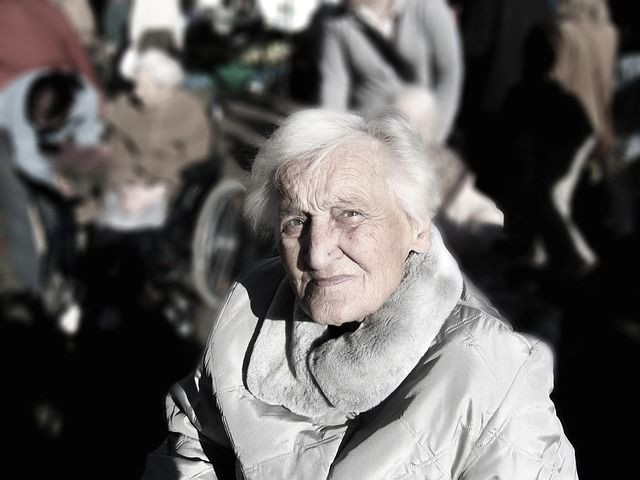Why Do Social Circles Shrink With Old Age? Monkey Study Suggests It's In Our Nature

One of the benefits of growing older is having more time to spend with your friends and loved ones, but in an ironic twist, most individuals’ social circles begin to shrink as they age. This phenomena was once thought to be due to our own awareness of our limited future time — we are aware of our finite lifespan and choose to spend our little time left with only a select few. But a recent study on the behavioral patterns of monkeys suggests there may be another far more innate explanation for this behavior.
For the study, now published in the online journal Current Biology, researchers from the German Primate Center in Göttingen, Germany conducted observational research on the behaviors of about 100 Barbary macaques, a type of small monkey found in Europe and Northern Africa. For the study, the scientists presented the monkeys with objects they had never encountered before, such as animal toys, and measured their interest in each. The team observed that by early adulthood, the monkeys had lost interest in the toys except for those which contained food.
The researchers then observed the monkeys’ social interests by showing them photos of newborn monkeys, “friends” or other monkeys they were familiar with, and “non-friends,” other monkeys they were not familiar with.
The tests were able to give interesting insight to monkey behavior, which could also be useful in understanding our own behavior patterns. For example, as the monkeys grew older they became more selective about with whom they chose to interact.
"They had fewer 'friends' and invested less in social interactions. Interestingly, however, they were still interested in what was going on in their social world," study author Dr. Laura Almeling said in a recent statement.
Interestingly, this behavior is reflective of that in humans as we age. The socioemotional selectivity theory (SST) posits that the reason humans become more socially selective with age is because they know their life is limited and perhaps coming to an end.
“SST assumes that this is so because elderly humans are faced with an increasingly limited future time perspective, motivating them to focus on the most important things,” Almeling told Medical Daily.
However, because monkeys do not have the same self-awareness of their own lifespans as we do, they could become more selective for different reasons than humans. According to Almeling, “We should entertain the possibility that similar physiological changes in aging monkeys and humans contribute to increased selectivity.”
So what is it then that makes monkeys and humans alike take a step back from the social scene in their golden days? The team suggested that the behavior may be rooted in primate evolution.
“Older monkeys might spend less time socializing because they find social interactions increasingly stressful and therefore avoid them," suggested Julia Fischer, principal investigator of the study in a statement.
While studying the social patterns of monkeys may seem to be a frivolous way to spend your time, Almeling explained that the findings could have a direct use in our lives.
“As we are living in an “aging society” there is substantial interest in the consequences of aging, with a particular focus on age-associated diseases,” she explained. “However, we also need to study the biological foundations of “normal” aging processes to obtain a better understanding of the roots of the desires and preferences of aging humans.”
Source: Almeling L, Hammerschimidt K, Sennhenn-Reulen H, Freund AM, Fischer J. Motivational Shifts in Aging Monkeys and the Origins of Social Selectivity. Current Biology . 2016
Published by Medicaldaily.com



























